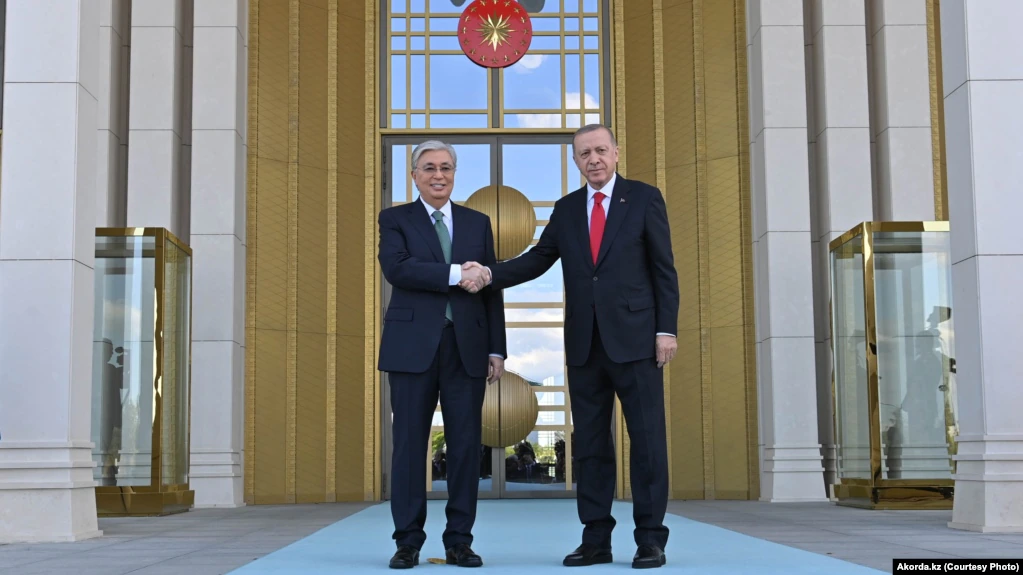 Ethnic Russian man given five-year jail sentence for running a web poll on region's sovereignty.
Ethnic Russian man given five-year jail sentence for running a web poll on region's sovereignty.
 Kazakhstan launched property and capital legalisation campaigns in September 2014 that are scheduled to run until Dec. 31, 2015. The campaigns include the approval of a law “On amnesty of Kazakhstan citizens, oralmans (repatriated ethnic Kazakhs) and permanent residence holders in relation to legalisation of their property.”
Kazakhstan launched property and capital legalisation campaigns in September 2014 that are scheduled to run until Dec. 31, 2015. The campaigns include the approval of a law “On amnesty of Kazakhstan citizens, oralmans (repatriated ethnic Kazakhs) and permanent residence holders in relation to legalisation of their property.”


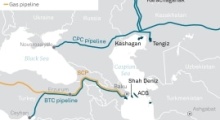


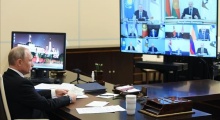

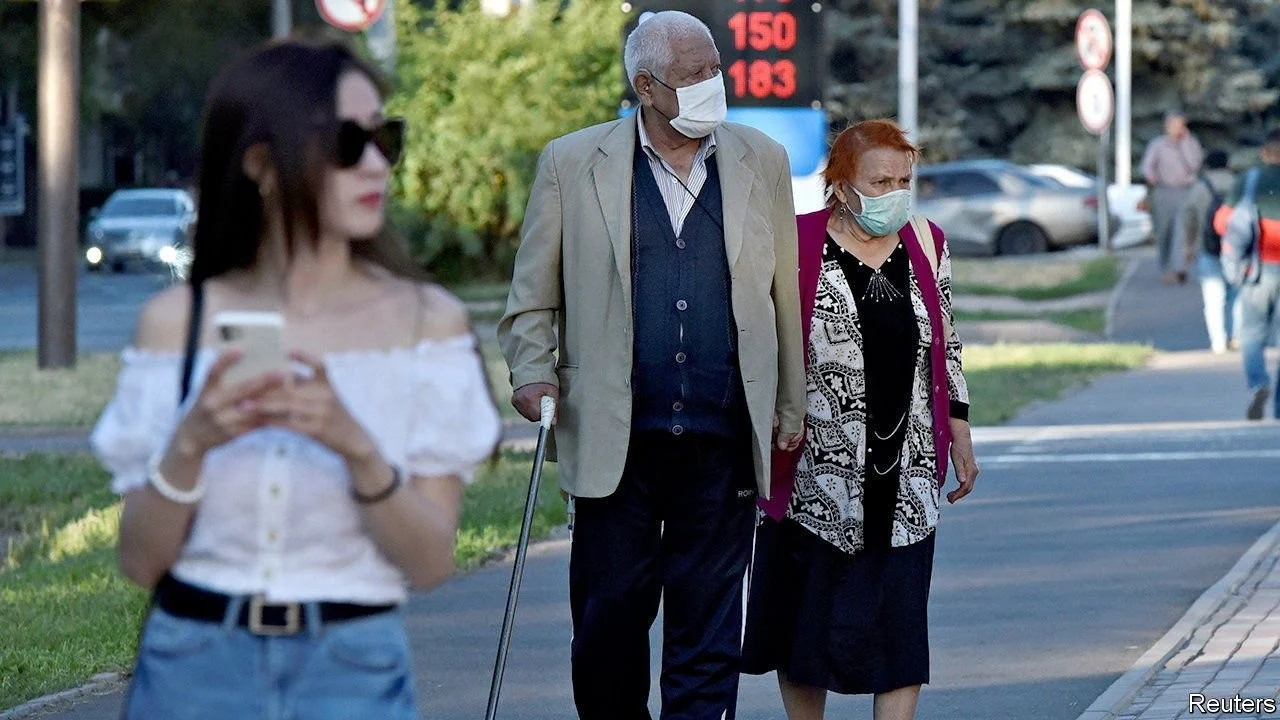
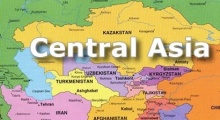
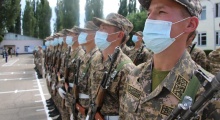

 Kazakhstan’s networked authoritarianism is a powerful system of media control, but it leaves little room for the regime to manoeuvre.
Kazakhstan’s networked authoritarianism is a powerful system of media control, but it leaves little room for the regime to manoeuvre.
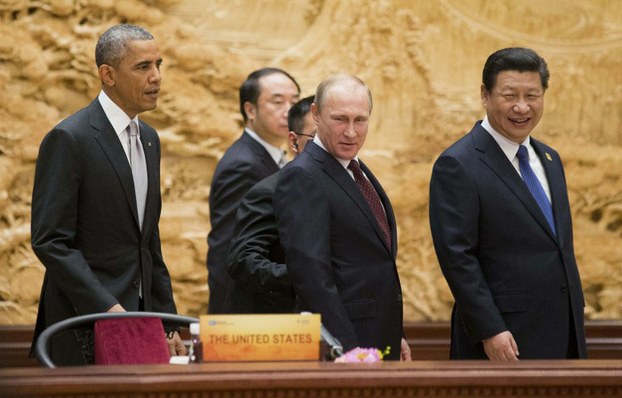 China will be keeping a close eye on its energy interests in Central Asia as Russia reinforces the borders of the Commonwealth of Independent States (CIS) against external threats.
China will be keeping a close eye on its energy interests in Central Asia as Russia reinforces the borders of the Commonwealth of Independent States (CIS) against external threats.
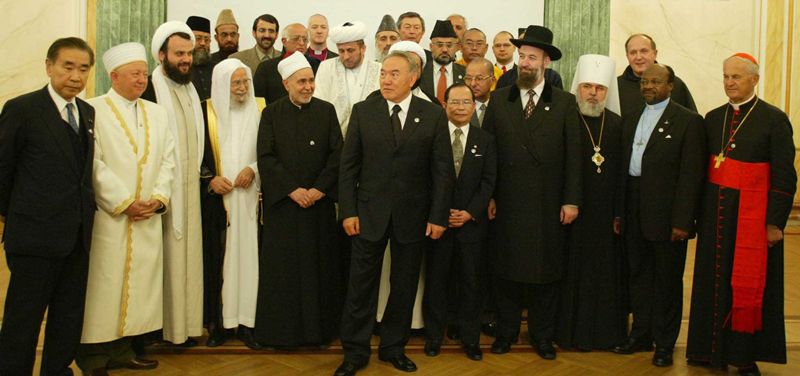 Kazakhstan has used a variety of means to promote itself as a model of economic development and social progress, such as chairing the OSCE in 2010, hosting Expo 2017 and bidding for the 2022 Winter Olympics. Another, less high-profile but important means of image crafting is connected with religion.
Kazakhstan has used a variety of means to promote itself as a model of economic development and social progress, such as chairing the OSCE in 2010, hosting Expo 2017 and bidding for the 2022 Winter Olympics. Another, less high-profile but important means of image crafting is connected with religion.
 A significant devaluation of Kazakhstan's the national currency tenge over the last months resulted from the country's high dependence on oil revenues, according to European experts.
A significant devaluation of Kazakhstan's the national currency tenge over the last months resulted from the country's high dependence on oil revenues, according to European experts.
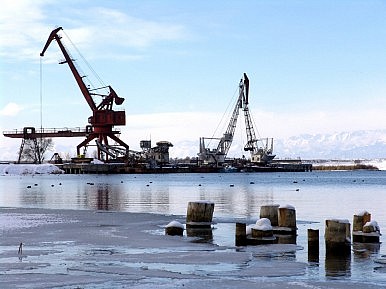 It’s unclear that Astana can match big ambitions with the reality of an underdeveloped bureaucracy.
It’s unclear that Astana can match big ambitions with the reality of an underdeveloped bureaucracy.



